 Wakely Biography
Wakely Biography
Entry Category: Media - Starting with W
 Wakely Biography
Wakely Biography
Wakely, James Clarence (Jimmy)
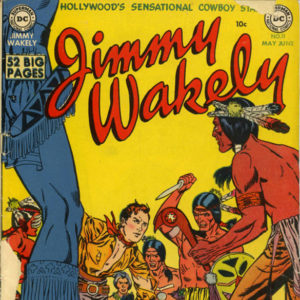 Jimmy Wakely Comic
Jimmy Wakely Comic
War Room, The
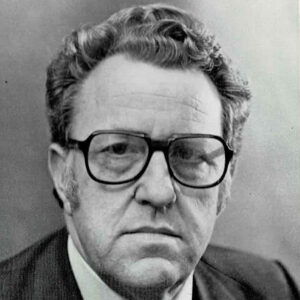 John L. Ward
John L. Ward
Ward, John Louis
Washburn, Alexander Henry
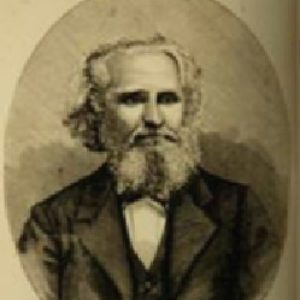 Patrick S. G. Watson
Patrick S. G. Watson
Watson, Patrick Samuel Gideon
Webber, Harold L. “Brother Hal”
Weekly Vista [Newspaper]
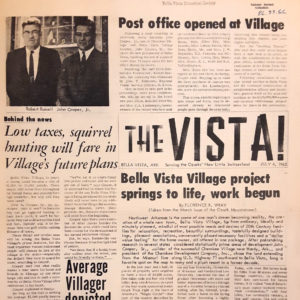 Weekly Vista First Edition
Weekly Vista First Edition
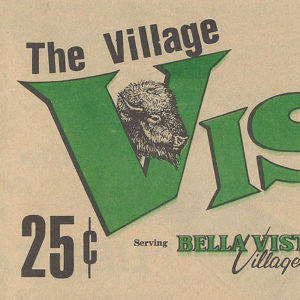 Weekly Vista Masthead
Weekly Vista Masthead
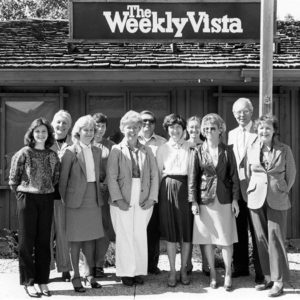 Weekly Vista Staff
Weekly Vista Staff
WEHCO Media, Inc.
Wells, George Henson
Wells, Ira James Kohath
Weston v. Arkansas
aka: Arkansas v. Weston
Weston, Joseph Harry
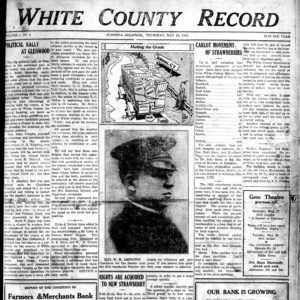 White County Record
White County Record
White County Record
White Lightning
 White Lightning Car
White Lightning Car
 White River Journal Office
White River Journal Office
White River Kid, The
Whitworth, Donna Axum
Whitworth, William Alvin
 Gene Williams
Gene Williams
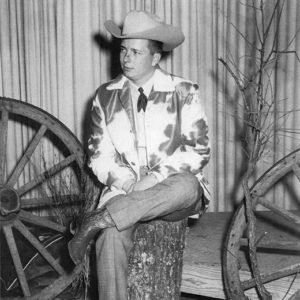 Gene Williams
Gene Williams
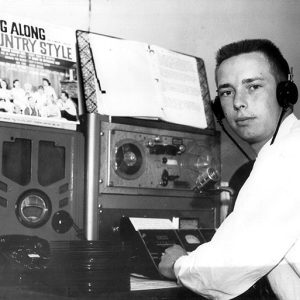 Gene Williams
Gene Williams
Williams, Harold Gene
Winslow, Thyra Samter
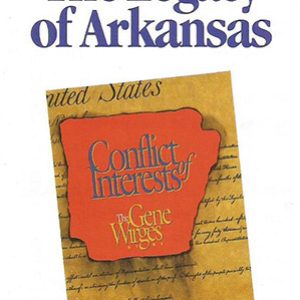 Wirges Book
Wirges Book
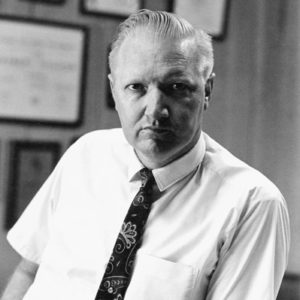 Gene Wirges
Gene Wirges
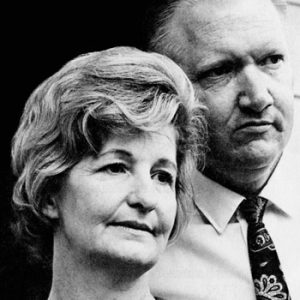 Betty and Gene Wirges
Betty and Gene Wirges
Wirges, Gene
Wirges, Joseph Bernard (Joe)
Wishbone Cutter
aka: The Shadow of Chikara
aka: The Curse of Demon Mountain
WOK
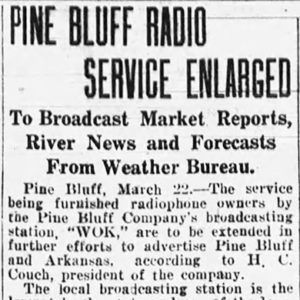 WOK Article
WOK Article
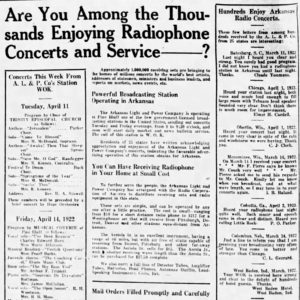 WOK Concert Ad
WOK Concert Ad
Woman They Almost Lynched
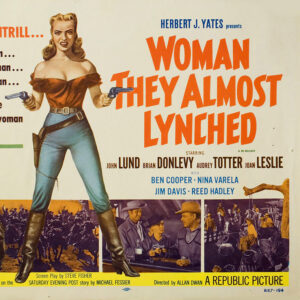 Woman They Almost Lynched Poster
Woman They Almost Lynched Poster
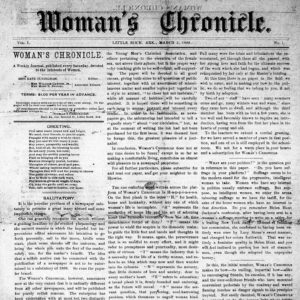 Woman's Chronicle
Woman's Chronicle
Woman’s Chronicle
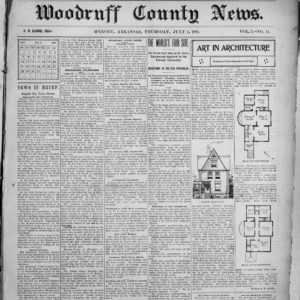 Woodruff County News
Woodruff County News
Woodruff, William Edward
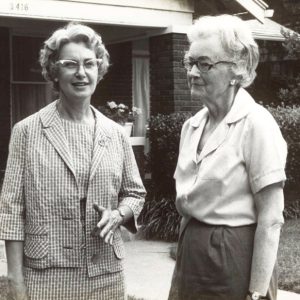 Woodward & Huckaby
Woodward & Huckaby
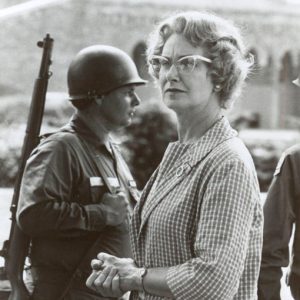 Joanne Woodward
Joanne Woodward
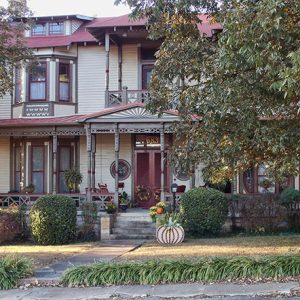 Wycough-Jones House
Wycough-Jones House




